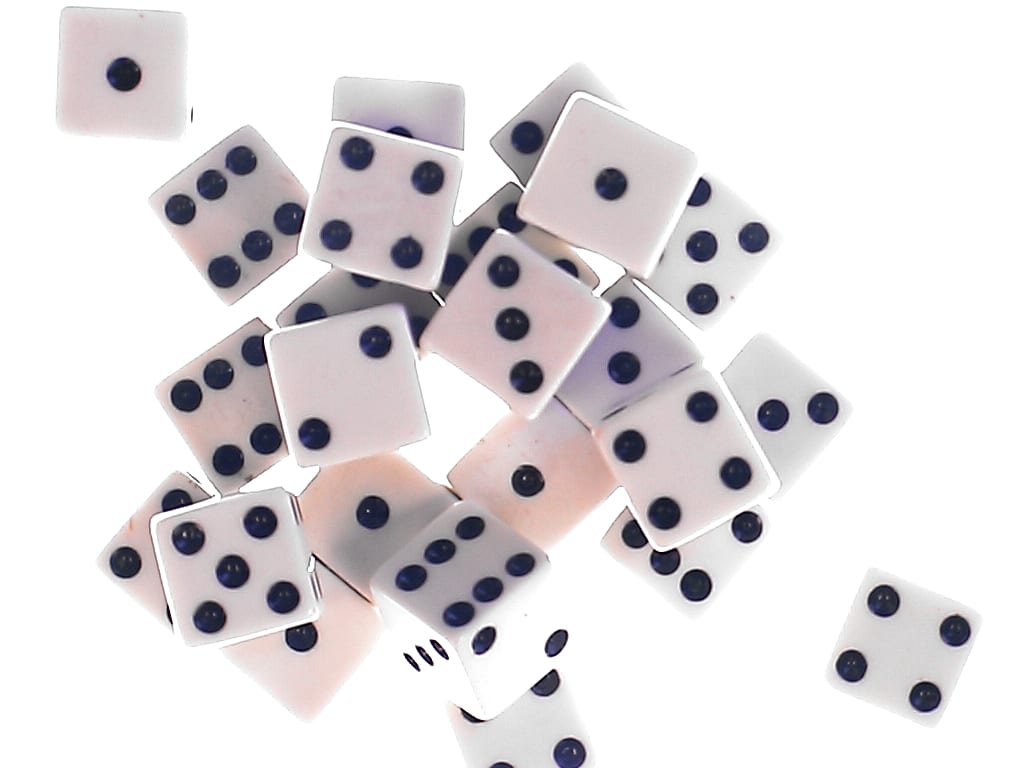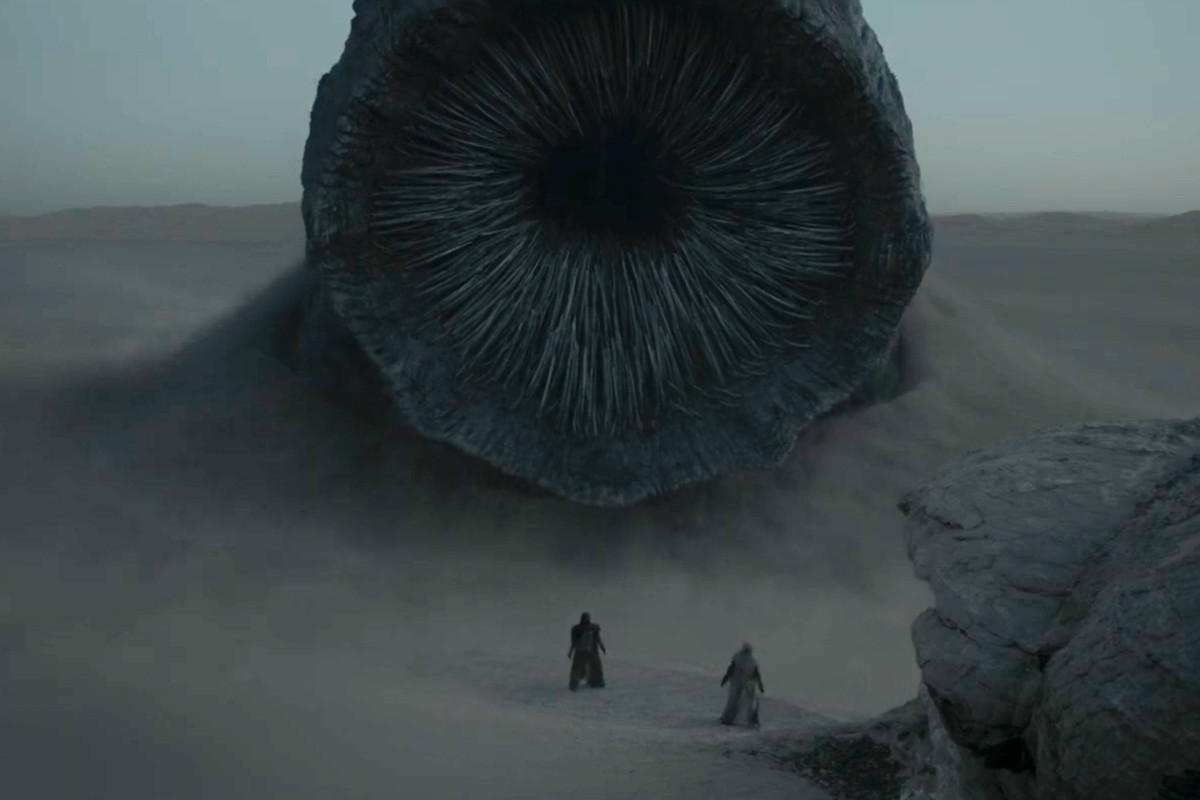This is part two of a three-part blog series about quantum mechanics. If you haven’t checked out the previous post do so now!
In the last post about quantum mechanics, we discussed the differences between quantum and classical mechanics. Recall that a huge difference between these two branches of physics is that quantum mechanics is probabilistic while classical mechanics is deterministic by nature. It can be hard to wrap your mind around probability in science, and critics of quantum mechanics believe that the theory is somehow incomplete because it uses probability to describe the universe on tiny scales (on the order of the size of particles like electrons).
However, this is a false viewpoint and needs to be addressed! In order to accept the findings of quantum mechanics, we have to first reconstruct our own personal concept of the word probability to realize it does not equate to a lack of understanding.

First let's explore how probability is incorporated in our daily lives. Is the way we think about probability in a normal sense the same as the way quantum physicists use probability in their work? Sort of. Think of a typical way in which we use probability all the time: checking the weather. When we see that there is a 70% chance of rain at 2PM, that probability arises because we simply do not know enough about every single particle in the atmosphere to determine precisely what the weather will be like at that time. This means if we had more knowledge, we would be able to predict the weather with 100% accuracy every time. The uncertainty is simply due to a lack of knowledge.
Unlike the uncertainty of the weather, there is nothing we can do to eliminate the probability associated with quantum mechanics. No matter how hard we try, we cannot change the laws of the universe, and the laws indicate that probability governs the physics of the quantum world. With quantum mechanics, this uncertainty is “built in†to the universe in a sense; it will not go away even if we claim to understand the universe better.
This has been demonstrated by countless particle experiments in which the procedure is repeated several times to obtain accurate results. The outcomes of these experiments are predicted by solutions to quantum mechanical equations, and each experiment has a calculable probability based on the solutions. All of this goes to show that there is nothing inherently random about the solutions and experiment results, even though there is a degree of probability attached to them.
Quantum mechanics fundamentally tells us that if we want to know exactly where a particle is in spacetime, we must sacrifice the knowledge of its energy or momentum. This simple rule is known as the famous Heisenberg's Uncertainty Principle, and it governs information about movement in the quantum world. It essentially means the more we know about the position of a particle, the less we know about where it is going, and vice versa. This gives rise to the notion of probability in quantum mechanics, and why it can be so troubling to accept.
Probability does not make quantum mechanics wrong or incomplete in any way; it just happens to describe the natural conditions of the universe. Now this is a difficult concept to accept. You may be thinking that including probability in a major theory is some sort of “universal loop hole†for explaining something extremely complicated. However, applying probabilistic determination to a theory does not mean that it is incomplete and that we need greater knowledge to get rid of the probability. To explain the nature of the universe, probability is in fact unavoidable.
Changing our ideas about probability will make it easier to accept the reality that quantum mechanics is a correct, although very strange, theory. In fact, Quantum Electrodynamics is the most accurate theories in physics, and it arises from basic quantum mechanics. Additionally, let us not forget that quantum mechanics became necessary because in many experiments, classical mechanics did not suffice to explain the results! Ultimately, we must let go of our intuitions and realize that the incorporation of probability into a scientific theory does not signify a lack of understanding of the universe.
Stay tuned for Part Three coming soon!
Featured Image Credit: David Lofink via Flikr

About the Author
-
athenssciencecafehttps://athensscienceobserver.com/author/athenssciencecafe/April 17, 2020
-
athenssciencecafehttps://athensscienceobserver.com/author/athenssciencecafe/April 12, 2020
-
athenssciencecafehttps://athensscienceobserver.com/author/athenssciencecafe/April 3, 2020
-
athenssciencecafehttps://athensscienceobserver.com/author/athenssciencecafe/March 30, 2020







